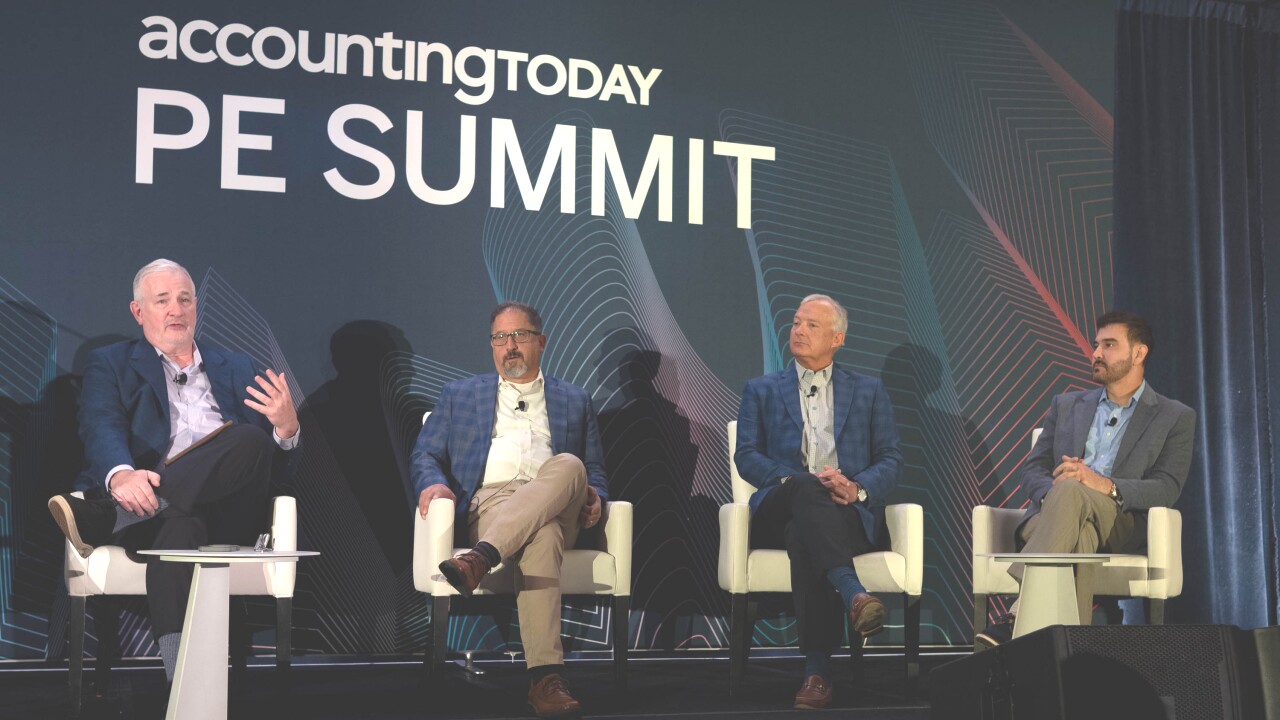The Sarbanes-Oxley Act of 2002 has strengthened corporate governance and improved audit quality in the past decade, according to a new report by Ernst & Young, "The Sarbanes-Oxley Act at 10," which marks the 10-year anniversary of the landmark legislation.
"It is important to acknowledge one of the greatest successes of Sarbanes-Oxley: the alignment of the interests of shareholders with independent audit committees, audit oversight authorities and auditors," said Steve Howe, Americas managing partner for the global Ernst & Young organization.
As a whole, the Ernst & Young report indicates that SOX has substantially benefited investors and U.S. capital markets, citing studies by a number of groups that indicate improvements in both audit quality and corporate governance over the past decade.
Audit quality has been improved through stronger alignment of independent auditors, independent audit committees, independent audit oversight authorities and public company shareholders. According to a 2008 audit committee survey reported by the Center for Audit quality, 90 percent of audit committee members surveyed said that "they work more closely with the independent auditor" post-SOX.
Audit quality has improved because of PCAOB inspections and standard-setting. As of Dec. 31, 2011, more than 2,000 audit firms from more than 80 countries were registered with the PCAOB. In 2011, the organization conducted inspections of 213 registered audit firms, and initiated an interim inspection program for broker-dealers.
In addition, more audit committees now include financial experts. In 2003, only a small number of audit committee members were financial experts. Today, nearly half of all audit committee members are identified through proxy statement disclosure as meeting the definition of a financial expert.
Companies that comply with all of the internal control provisions in SOX are less likely to issue financial restatements. A November 2009 study published by Audit Analytics found that the rate of financial restatements was 46 percent higher for companies that did not comply with all of the SOX internal control provisions.
Finally, corporate governance is stronger. Prior to SOX, the process for the selection and assessment of the independent auditor typically was controlled by management. Audit committees now play an essential role in the corporate governance framework by overseeing the quality and integrity of company financial statements.
The report is available on the firm's Web site,





